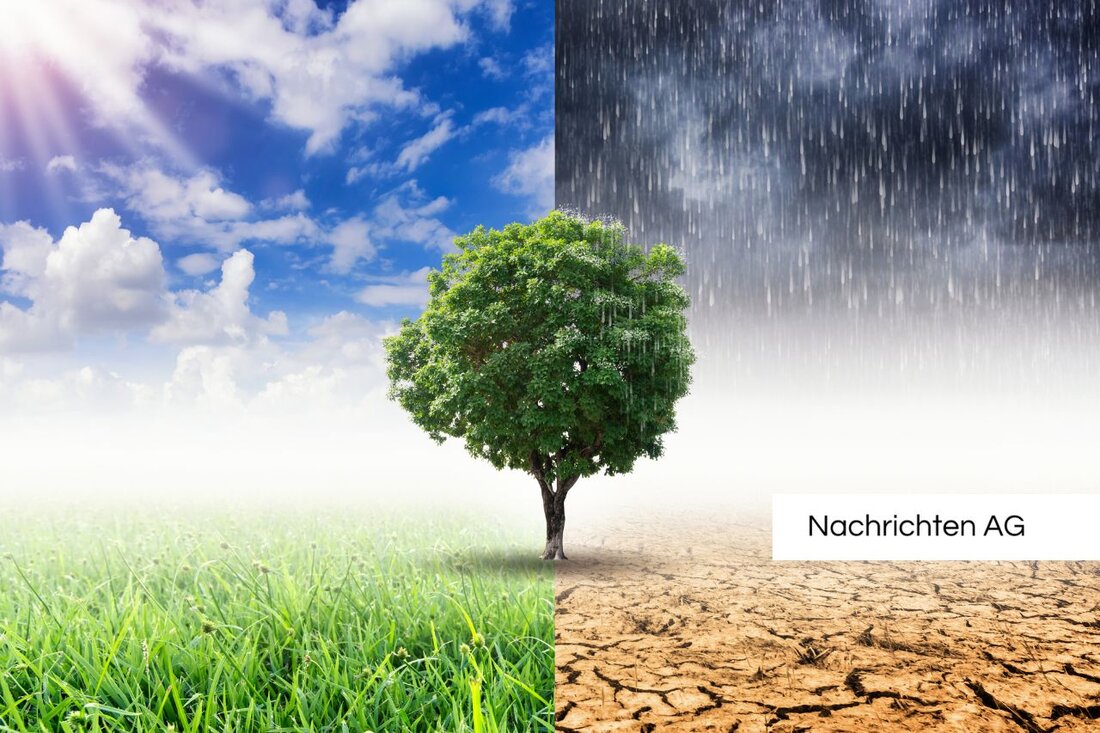Climate crisis in focus: Expert highlights challenges and solutions
On April 16, 2025, Dr. Judith Terstriep gave a lecture at the University of Osnabrück on the role of innovations in climate change.

Climate crisis in focus: Expert highlights challenges and solutions
On April 16, 2025, Dr. Judith Terstriep, director of the research focus “Innovation, Space & Culture” at the Westphalian University of Applied Sciences Gelsenkirchen, will give a lecture entitled “Measuring impact, shaping the future: The balancing act between great expectations and reality”. This is one of the events in the lecture series “Climate and Biodiversity in Crisis – Paths to a Sustainable Future”, which deals with social innovations to address the challenges posed by climate change and biodiversity loss. The series is free for all interested citizens and takes place in lecture hall 01/E01 at the University of Osnabrück. The lectures start at 7 p.m.
This series of events is particularly relevant as climate change is considered one of the greatest challenges of the 21st century and has far-reaching impacts on the climate system and biological diversity. The latest scientific findings show that climate change has profound effects on species distribution, behavior and survival. The interaction between climate change and biodiversity is complex; the impacts are already being felt and will intensify as warming increases, as das-wissen.de explained.
Details about the lecture series
The lecture series includes a total of seven events that will take place until July 9, 2025. Other topics include:
- 30. April: „Klimaneutrales Fliegen: Realität oder Illusion“ von Tobias Posselt
- 14. Mai: „Heimische Biodiversität: Wildpflanzenschutz und Forschung im Botanischen Garten“ von Prof. Dr. Sabine Zachgo
- 28. Mai: „Zellkultur statt Massentierhaltung: Wie ‚Laborsteaks‘ unsere Ernährung verändern könnten“ von Dr. Florian Fiebelkorn
- 9. Juli: „Was sind Ewigkeitschemikalien und warum sind sie ein Problem?“ von Prof. Dr. Martin Scheringer
A live stream of the lectures will be offered. Those interested can register for the events and excursions taking place in June 2025. Walks and ornithological tours are planned, led by experts such as Prof. Dr. Kathrin Kiehl and Felix Przesdzink. Since the number of participants is limited, you are asked to register in good time.
Effects of climate change
Climate change has profound effects on ecosystems. Many species have already been identified that will be affected by these changes. Rising global temperatures and habitat shifts are leading to changes in food availability and extreme weather events that threaten both flora and fauna. In addition to the ecological consequences, ecosystem services such as pollination and water purification are also at risk, affecting human welfare, such as climatewiki.org represents.
The causes of climate change are mainly anthropogenic in nature, primarily through greenhouse gas emissions such as CO2, CH4 and N2O, which have increased significantly since the Industrial Revolution. These emissions result from activities such as burning fossil fuels and agriculture. Changes in land use, such as deforestation and monocultures, are exacerbating the situation.
The adaptability of species varies considerably. Some are able to adapt to the new conditions, while others are threatened. Particularly vulnerable regions are the polar zones, where the loss of sea ice threatens species such as the polar bear. In temperate zones, many species migrate to higher altitudes or latitudes, which can permanently change the species composition in these areas.
To preserve biodiversity, the creation of protected areas, the promotion of agrobiodiversity and the sustainable use of natural resources are crucial. Environmental education is also an important tool for nature conservation. Innovative technologies and interdisciplinary approaches should be emphasized to address the challenges of climate change.
Further information about the events and registration can be obtained from Prof. Dr. Chadi Touma from the University of Osnabrück. Contact options and details can also be found on the university's official website.

 Suche
Suche
 Mein Konto
Mein Konto